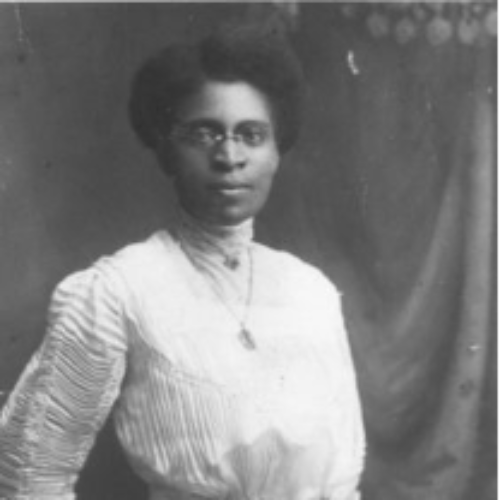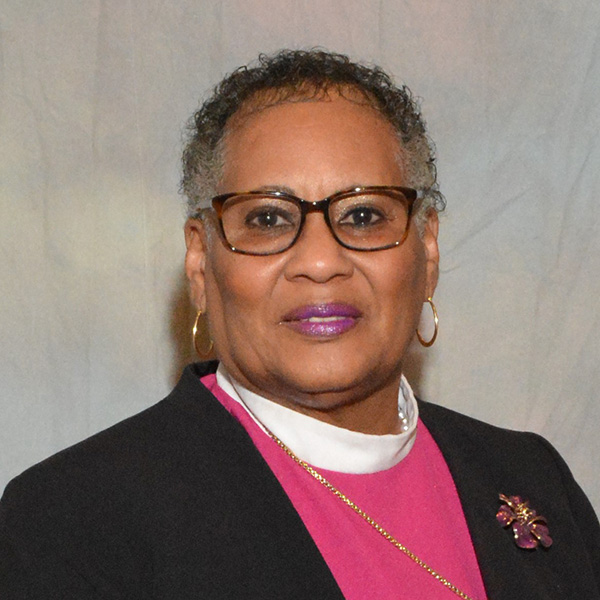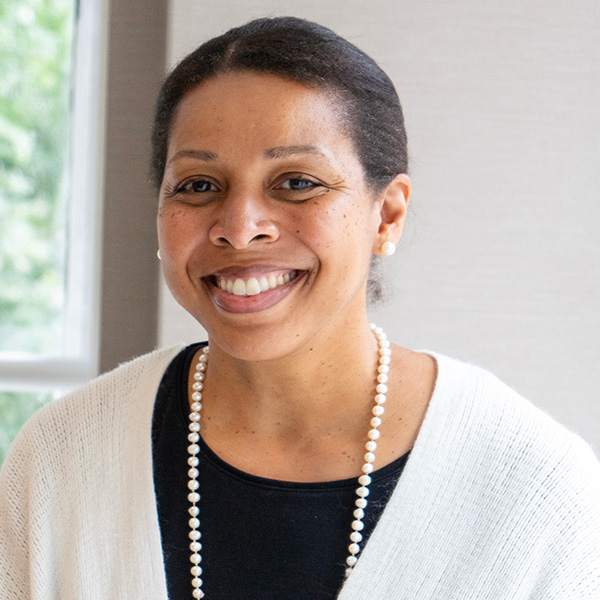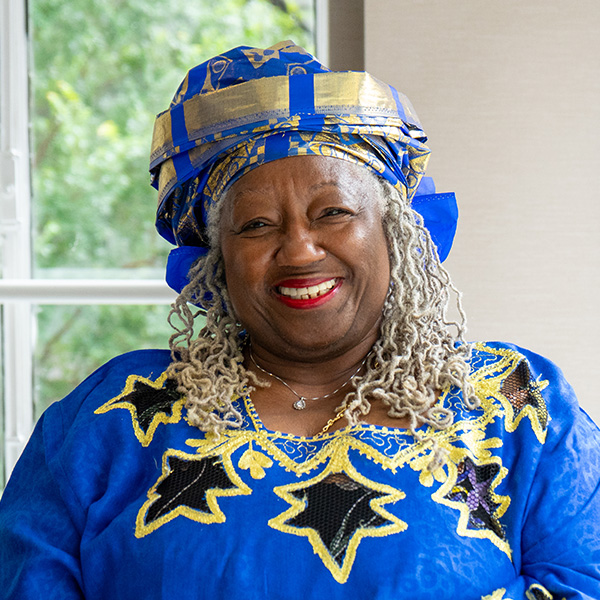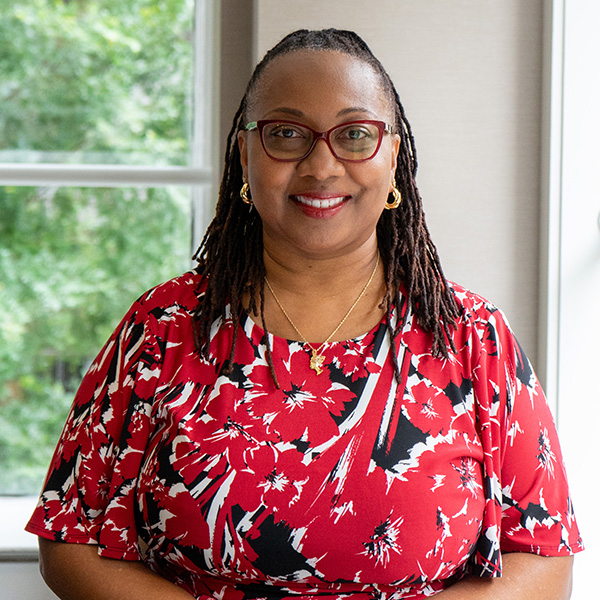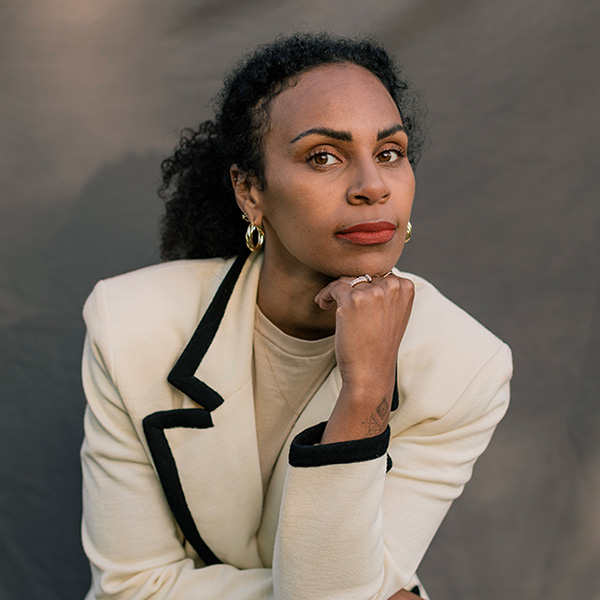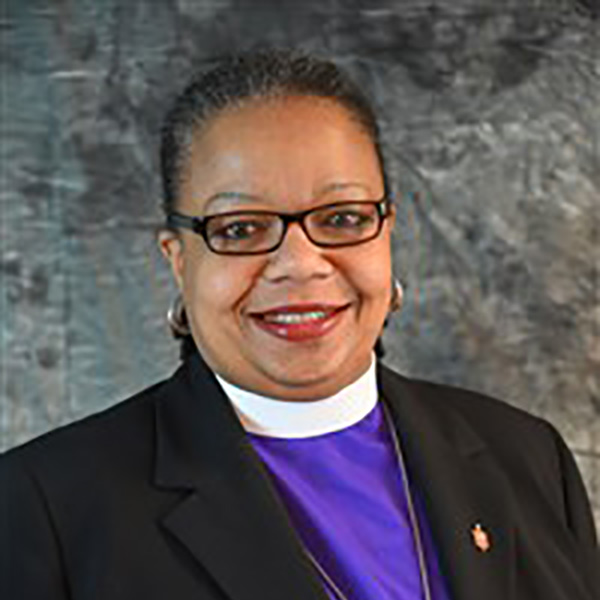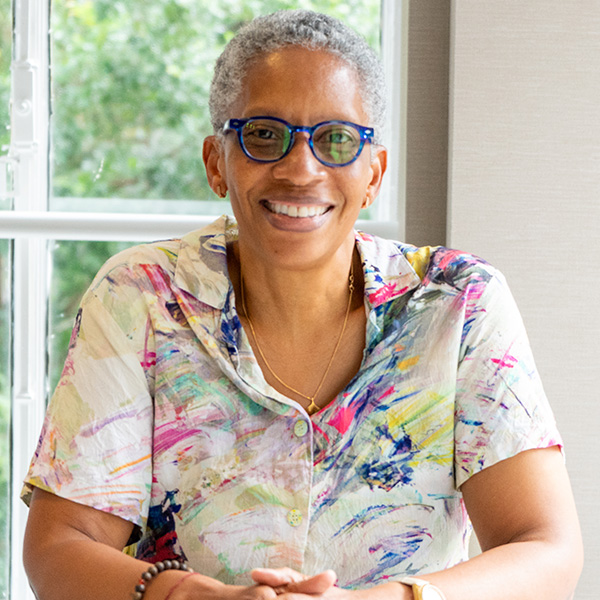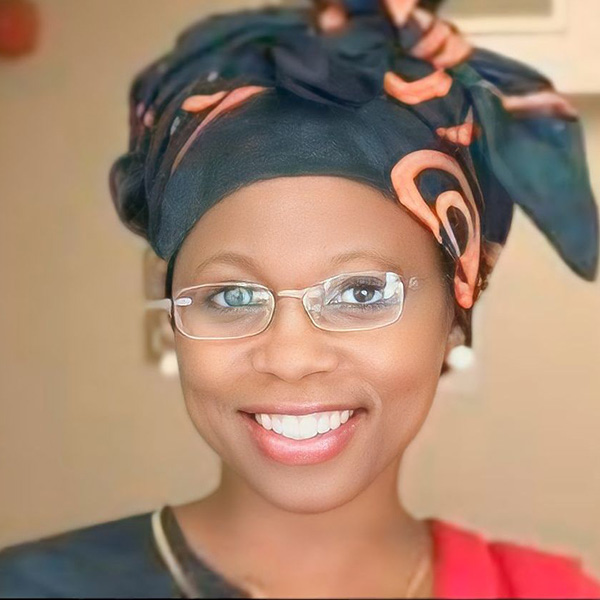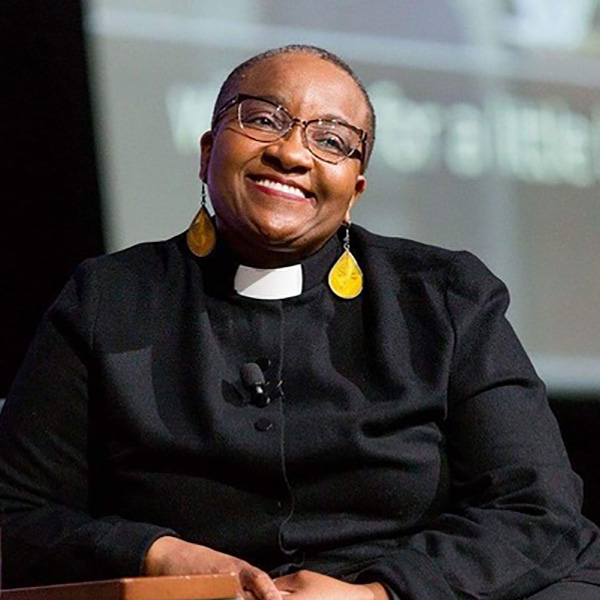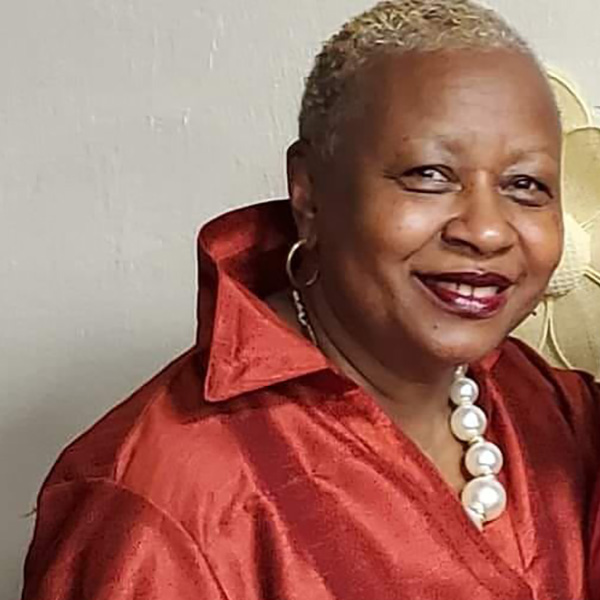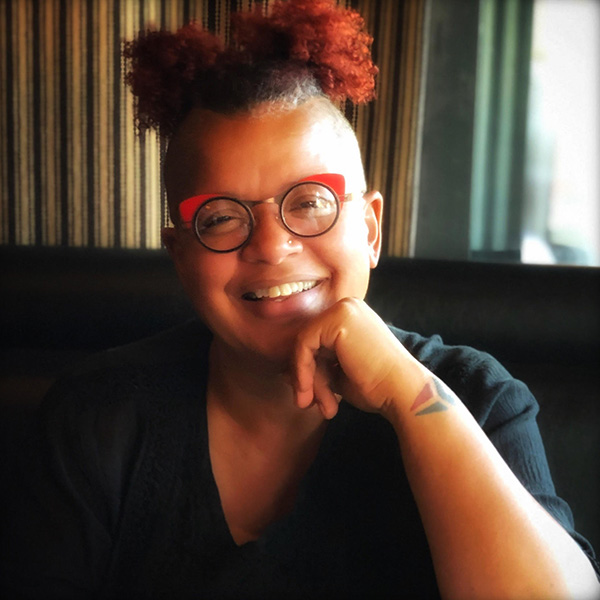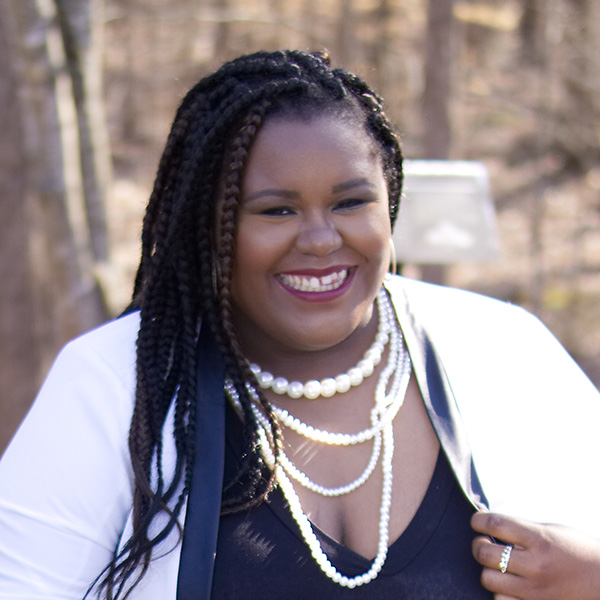Biography
Early Life
Charlotte Hawkins Brown was impacted by her mother’s spirituality from a young age. She observed her mother’s passionate prayers and modeled her own spiritual practices after them.
Brown was an active participant in her childhood church. At the Union Baptist Church in Cambridge, Massachusetts, she regularly performed Scriptural recitations.
She honed her passion for education by starting a kindergarten department in the Union Baptist Sunday School ministry and extended her childcare services by working as a babysitter throughout high school.
In 1900, she received funding to attend Salem State Normal School. Alice Freeman Palmer, her mentor, funded it after Brown made a powerful impression.
Upon graduation, Brown set out to teach with the (American Missionary Association) AMA. However, the school was dilapidated and deeply underfunded. When the AMA retracted its funding, she launched a fundraising campaign to serve the children in the rural community.
In 1902, Brown established the Palmer Memorial Institute, where she would serve as its president for over 50 years.
The Palmer Memorial Institute
Brown achieved a great deal during her life, but she is most known for founding the Palmer Memorial Institute. In her first book, Mammy: An Appeal to the Heart of the South (1919), she advocated for women’s interracial collaboration to fight against Jim Crow segregation.
Brown spoke at interracial women’s conferences, churches, and colleges throughout her life. She held leadership roles in several well-known civil rights organizations. This included the National Association of Colored Women, the National Council of Negro Women, the North Carolina Teachers Association, the National Negro Congress, and the Southern Conference on Human Welfare.
She received several honorary doctorates from a number of institutions and was adept at organizing women’s clubs locally and nationally.
Religious Activism
Brown called out Christian propaganda that denied the suffering African Americans faced because of Jim Crow laws. In her 1940 publication The Correct Thing to Do—to Say—to Wear, she expressed that she was “God-led” to empower and uplift Black people through industrial and academic education and “correct” immoral lifestyles.
She believed that instilling Christian principles would lead to the development of an egalitarian, interracial society. With limited resources, she strategically found funding for the school while also praying that benefactors would continue to support her efforts.
Her religious beliefs propelled her life’s work. She promoted the powerful role of Black women in the fight for civil liberties through her speeches and writings. Brown believed that women were best oriented toward racial diplomacy. This was due to their ability to circumvent tensions between Black and white women in the South.
Her spirituality was tied to her philosophy of respectability. She felt as though her divine purpose was to expand education for African American youth within this framework. Brown centered her activism around respectability and manners, and at times, her agency has been obscured by criticism of her moral convictions and respectability norms.
Much of her activism and spirituality have been largely overlooked because historical narratives of her life focus on her engagement with respectability narratives.
Through Brown’s tireless dedication, The Palmer Memorial Institute became internationally renowned. In the twentieth century, it was known for its quality of education and empowering countless students to promote social change across the United States.
